Constantly resting your hand on the gear stick
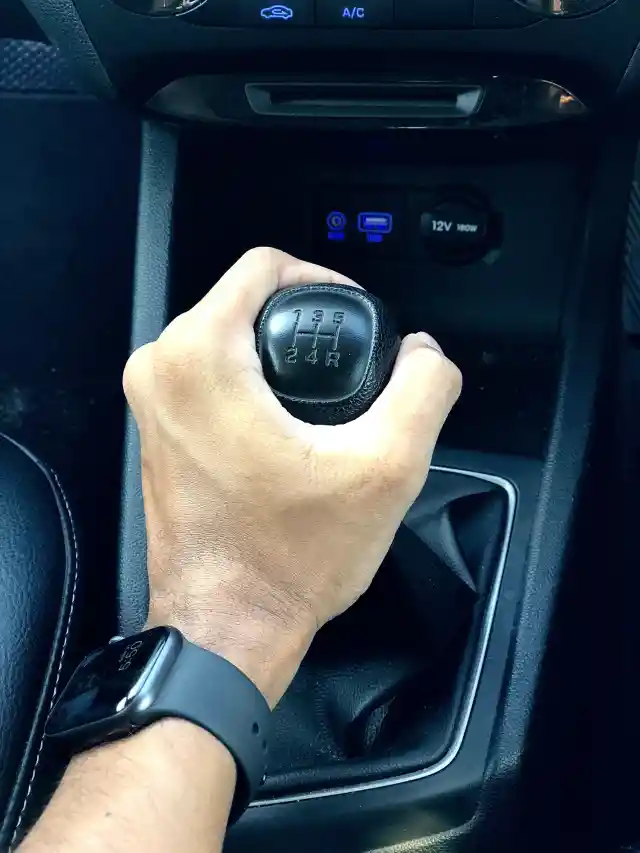
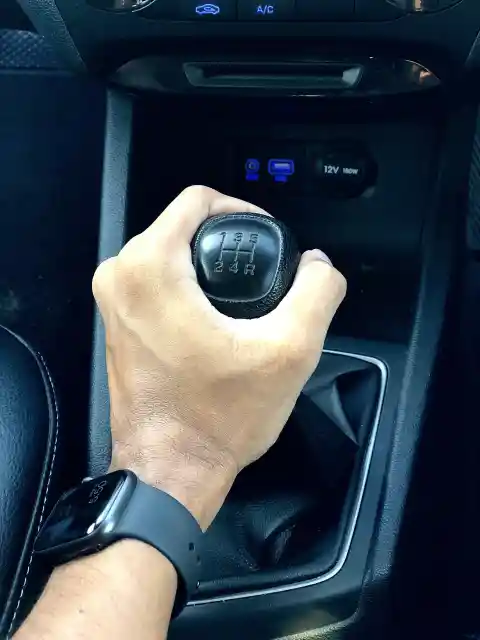
I bet this one caught you off-guard. It’s quite common for people to rest their hands on the gearstick in between gear changes or just as a comfortable place to relax their hands. The problem with this is that the gear stick is connected to a selector fork, which is designed to make contact with a rotating collar for only a short amount of time. By constantly resting your hand on the gearstick, you risk applying pressure to the selector fork, causing premature wear. This is a seemingly small action with big consequences that should be avoided at all costs.
Driving your car on (or close to) an empty tank
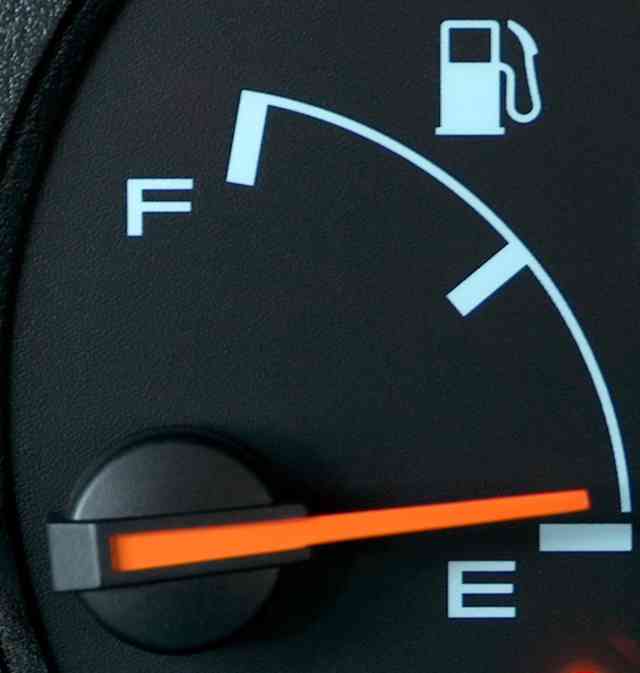
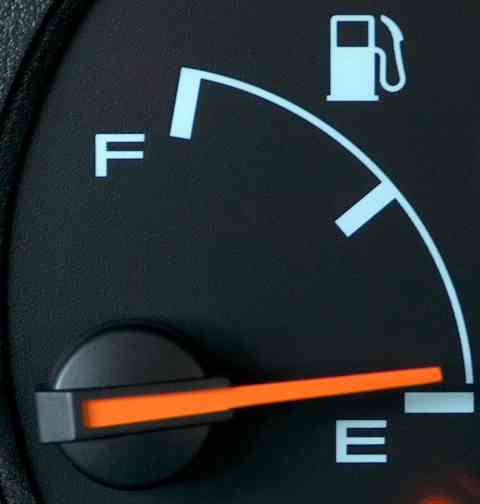
In the current economic climate, I’m sure a lot of drivers are particularly guilty of this one. Let me say it in the simplest way I can- Do NOT drive your car on an empty tank. Sure, you might be tempted to, hoping that fuel prices will magically drop to the ground in days to come but that false hope is destroying and ruining your car.
You see, the gasoline that you put into your car acts as a lubricant for the fuel pump, so when there is little gas in your car, it heats up, leaving your fuel pump open to massive wear and tear.
If you know anything about cars you know that those fuel pumps aren’t cheap to replace when damaged, so save yourself some money and just never let your tank drop below ¼. You’ll thank us for this.
Paying no attention to warning lights


This one will come as a shock to some drivers but I promise you it’s true - dashboard warning lights are not decorative, they are functional. Some people will have Christmas lights all over their dashboards as if it's Carol night. That’s wrong.
Whenever you see a warning light on your dashboard, get it checked out by a mechanic as soon as possible, no matter how trivial you might think it is. Doing this will save you a lot of money and a lot of frustration. You don’t want to be stranded on the roadside now, do you?
Driving with winter tires all year long
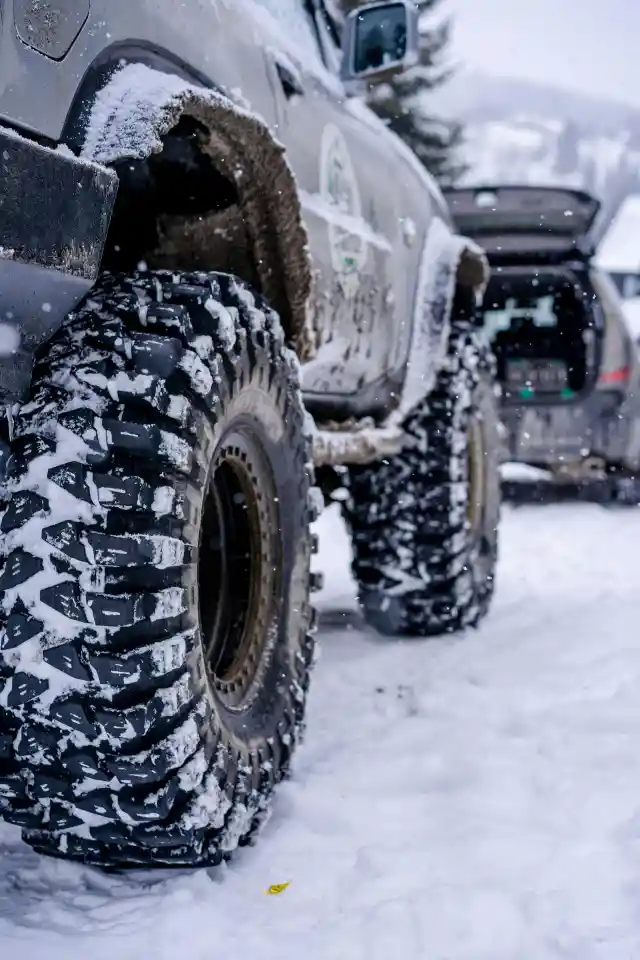
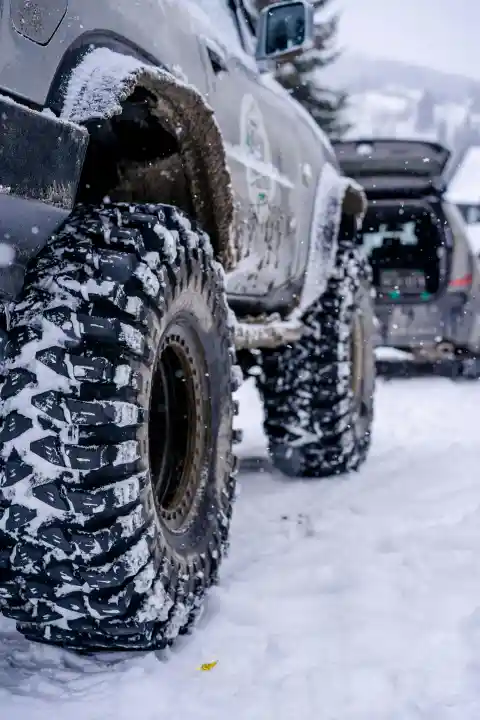
Winter tires are amazing, they provide you with grip and traction during winter times when the snow is thick. However, most drivers forget to remove them come summertime. The problem with running a set of winter tires throughout the year is that the same flexible tread that’s great for winter will wear down more quickly in warmer temperatures as they melt on the highway or expressway.
This can reduce the service life of your tires by as much as 60 percent meaning you will have to replace them far sooner than if you had just changed them. Save yourself some money and leave winter tires for the actual winter.
Overloading your vehicle

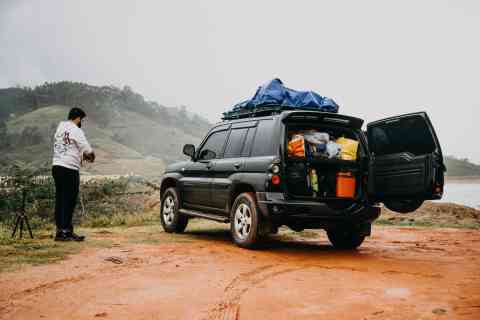
This applies mostly to large families or people who love traveling with everything they own close at hand - Stop overloading your car. Depending on the type of car, your vehicle may be capable of carrying a good amount of weight, but that should not mean you should abuse it.
Read or research your vehicle’s manual and adhere to your car's maximum load weight written in it. Ignoring this and overloading your car will put tremendous strain on your brakes, suspension, and drivetrain.
Trust me when I say this, the repair bill for these items is not something you want dropped on your head randomly. On top of all this, overloading your car affects your car's fuel economy and possibly your car's emissions output. Both are things to avoid.
Defrosting a windshield with hot water
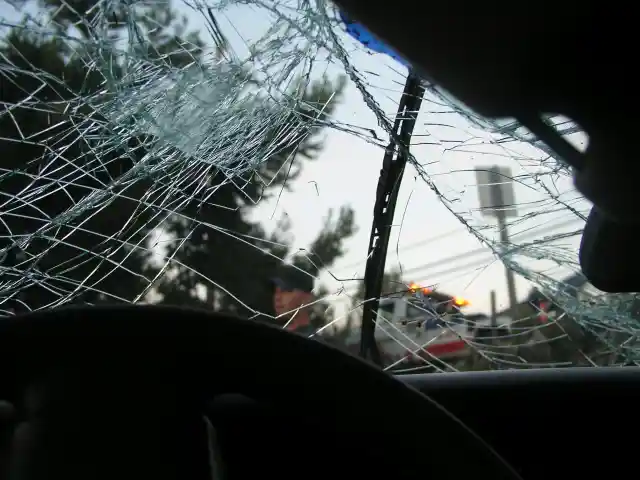
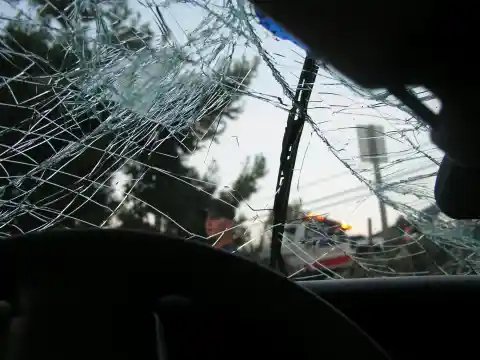
If you have seen cars with cracked windshields in the winter months then it’s quite likely that this was the cause. Simply put, never defrost your windshield by pouring hot water on it. Sure, it feels like a quick hack but basic science tells you it’s a horrible idea.
Remember when we learned that a sudden change in temperature makes glass shatter, the same concept applies here. By pouring hot water on ice-cold glass, you are asking for a windshield replacement bill. Take the time to scrape your windshield or use defrosters, but whatever you do, don’t pour hot water on it
Driving fast over speed bumps and hitting potholes
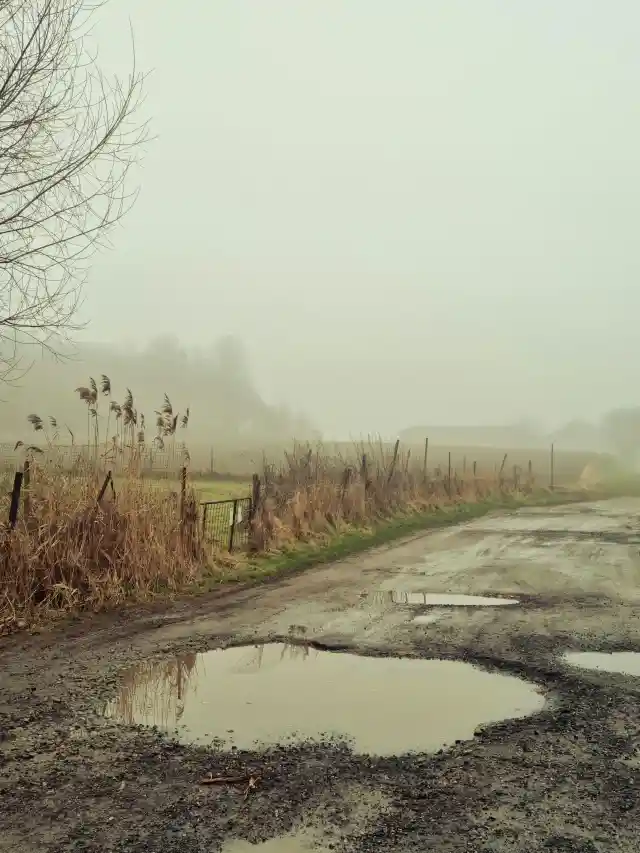

I know I know, it’s not every day that there are proper road signs signaling a speed hump and it’s not all the time that you see the deep pothole in the middle of the road, but when you can, it’s best to approach these car death traps with care.
It’s always smart to slow down when approaching a speed bump instead of hitting one at 90 miles per hour. The same applies to potholes, avoid them by all means but proceed at very low speeds when you can’t dodge them.
Failure to adhere to this will lead to damaged tires, bent rims, damaged suspension, a need for a new wheel alignment, and many other bill items that will have your wallet emptier by the day. I’m sure you don’t want that.
Hard braking all the time
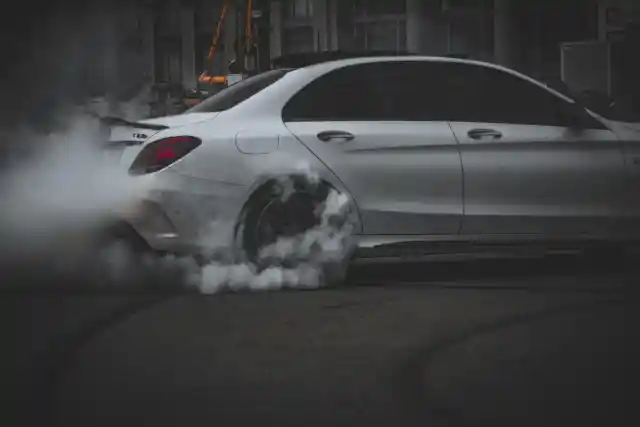
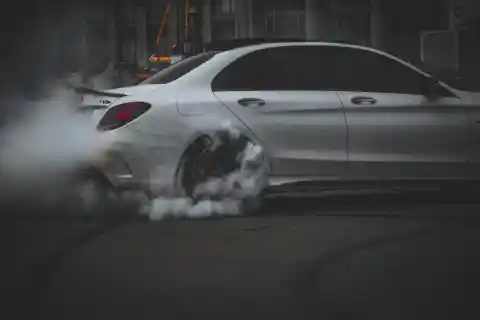
Everyone knows a driver who can’t seem to bring his vehicle to a stop on time, every time. Instead of keeping a safe distance from obstacles and gently applying the brakes over a calculated distance, they just want to brake hard a few inches away from a wall or car every time. This is a sure way to destroy your car's brake pads as it causes them to wear down aggressively.
This kind of aggressive braking may also lead to brake fluid leakage and cause cracks in the brake hoses. You know what that means…more $$$ to spend on repairs. Sure, certain emergencies might require you to come to emergency stops every so often but it’s not something to make a habit out of.
Delaying and putting off repairs
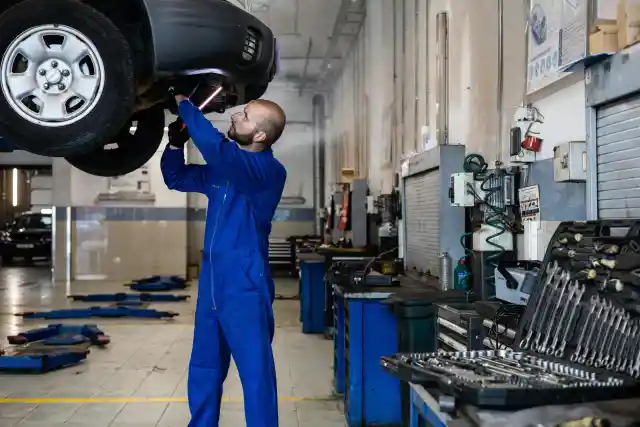
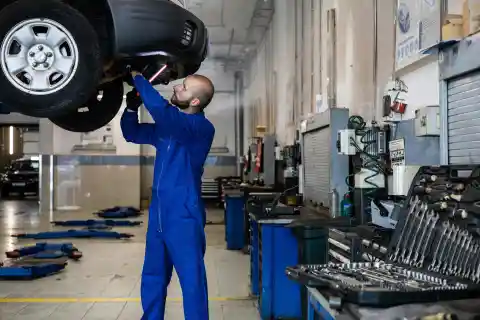
Okay, let’s say that you violated one of these rules and you already have a repair bill on your table, what do you do? The normal inclination is to try and put it off but by putting off repairs, you run the high likelihood of those repairs costing you more as the faulty parts may start to damage other parts of the car as well.
For example, changing a cabin air filter might seem like an unimportant expense, but if it gets so clogged that it stresses your heater fan until it fails, you’re going to have an expensive repair bill. Another common example is how people replace their brake pads too late and then are faced with the challenge of replacing damaged brake rotors too.
Look, it’s tempting to save a dollar or two, but when it comes to your car, don’t be cheap. If that is not enough, think of the safety implications the next time you drive your family on a trip with a car that’s due for some repairs.